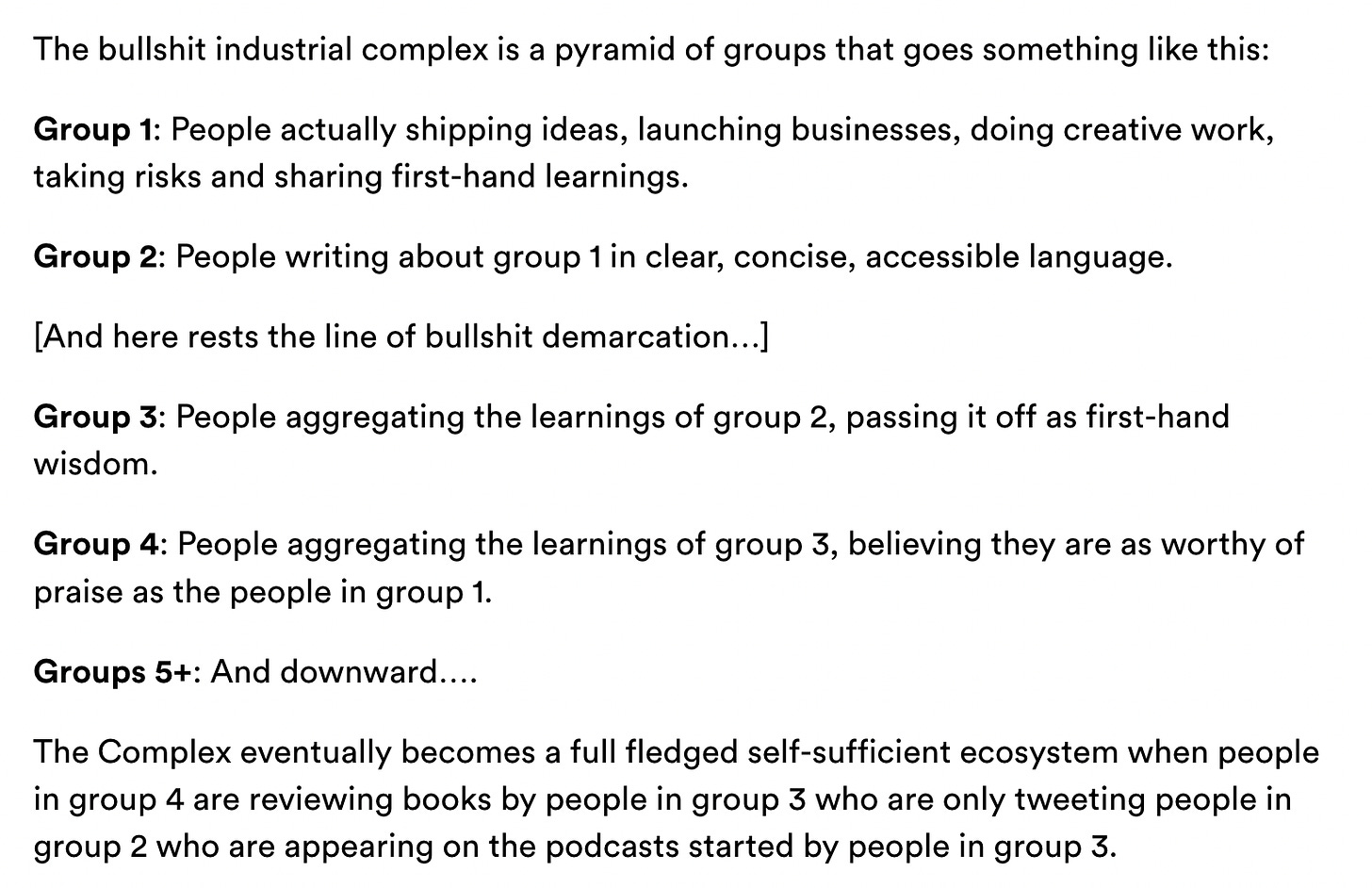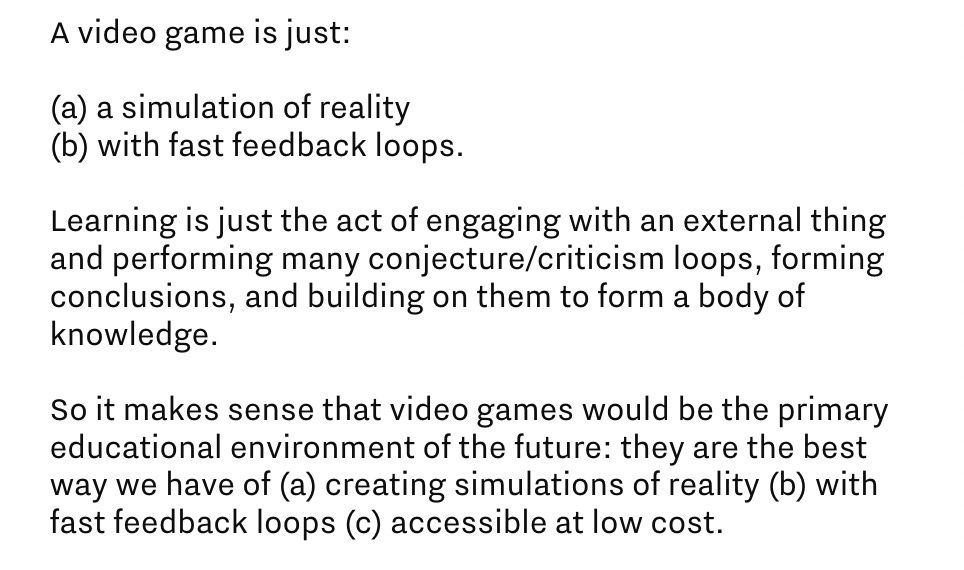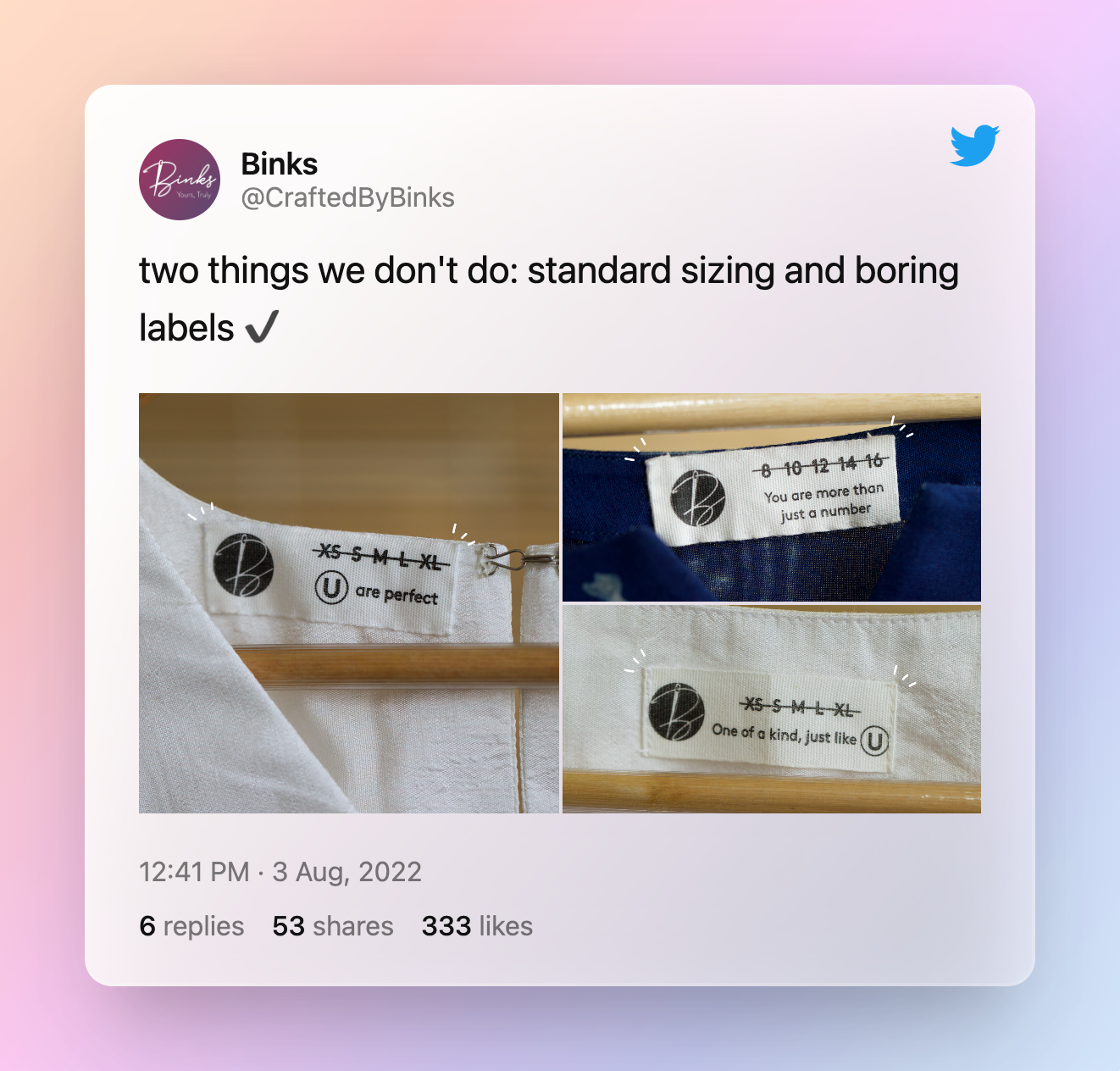#66 You cannot judge the probability of something happening after it’s already happened
Learning from classroom, video games, comics and restaurant
Last week was a crazy one. I’ve been occupied with my work, some personal commitments & Bangalore rains. My days felt like a couple of hours shorter. My reading time vanished. There is a huge backlog piled in the mailbox, now.
But luckily, the learning did not stop. Newer challenges at work kept me learning something new everyday. I picked up “How to fail at almost everything and still win big” on Audible. It made my extra hours on the road relatively less painful.
I was worried that it would be impossible to pull off this mail this week. And then, I got this mail from James Clear (through his 3-2-1 newsletter, of course).
"Keeping the habit alive is a powerful act. It's easier to stay in shape than to get in shape. It's easier to keep a house clean than to get it clean.
Many days it may feel like you are treading water, but maintaining your progress saves your future self a great deal of work.”
And so, here I am. I picked up some nuggets that were lying around in my unread tabs, Whatsapp messages & more.
The curation is below, and I am happy to send it out. I hope you enjoy reading this.
1. Bullshit Industrial Complex
Sean Blanda has a very simple message for us - “Don’t fall into the trap of being an expert before you’re ready. We have enough of those.”
Here's ‘bullshit industrial complex’ in a nutshell.
She explains further …
If someone cares more about what their industry peers think of them than the problems they are solving, they’re a bullshitter. If the idea of being “known” is barometer of their success above user (or reader) success stories, they’re a bullshitter. They are the internet’s equivalent of a reality TV star, taking advantage of the attention economy by catering to our worst instincts in lieu of substance.
This post captures my biggest fear and doubt. I don’t want to be a bullshitter, but the line dividing the wise (and curious) from the bullshitter is very thin. I may have crossed it many times. Can you comment/ping me and tell it as is whenever that happens?
2. Evaluating Information
This post on Farnam Street takes some popular ideas from Richard Feynman to help find the ‘signal in the noise’. It covers 7 “Tricks” for evaluating information. I am sharing a couple of them here as a sampler. These are just the snippets and not the full explanation. You should read the post to understand them better. There is no good substitute for Feynman’s explanation & Shane Parrish’s commentary.
The fifth trick is not using the same data that gave you the clue to make the conclusion. You cannot judge the probability of something happening after it’s already happened. That’s cherry-picking. You have to run the experiment forward for it to mean anything.
The sixth trick is the plural of anecdote is not data. We must use proper statistical sampling to know whether or not we know what we’re talking about.
3. Obvious advice
In “Obvious advice”, Nate Soares makes the following suggestion:
Before carrying out any plan, actually do the obvious things.
When you're about to make a big decision, pause, and ask yourself what obvious things a reasonable person would do before making this sort of decision. Would they spend a full five minutes (by the clock) brainstorming alternative options before settling on a decision? Would they consult with friends and advisors? Would they do some particular type of research?
Then, actually do the obvious things.
He goes on to share further reasoning and some connected views on the topic.
What do you think?
4. On education & video games
Nabeel Qureshi’s “Video games are the future of education” calls out a couple of critical flaws in our education systems. This snippet captures it very well.
The fundamental principle of education is to give students an environment, and tools, where they can make discoveries themselves. This requires space, and time, and autonomy.
Students also need to be able to choose what they learn and how they learn it, something that modern rigid curriculums and prison-like school environments do not permit.
He goes on to argue how video games provide a much deeper understanding of most subjects than classical education does.
Video games support deep understanding that makes the learning more useful.
However, we’re not there yet. He has some useful pointers to where the video games (and industry - both gaming & education) are lacking and how they can move towards a world where video games can be the real component in education.
It’s a really good read, overall. I love Nabeel’s ideas & explorations. No wonder he has become a frequent source for learning for this newsletter (check #59 and #62).
5. Not / But
Not / But covers multiple interesting perspectives on creating art. Excuses and opportunities can go hand-in-hand, it’s just the perspective of the creator. Sample this (sourced from the website):
Expand his ideas a bit, and you can see it applying to many more ventures of creating something. And while you’re there, check out other work from TONČI ZONJIĆ (tawn chi zawn yitch) as well. Pretty impressive stuff!
6. A chef and an artist at work
“Magic out of mould: inside the world’s wildest restaurant” is my recommendation for a long read for you this week. Here’s a quick intro to what’re we talking about:
Set 375 miles north of Stockholm, deep in the forested province of Jämtland, Fäviken’s 32-course tasting menu demands a journey: an hour’s flight from Stockholm to Östersund, then a 75-minute drive north-west. Nilsson is quick to point out that the flight from Stockholm actually makes Fäviken relatively low-fuss in terms of destination dining – nevertheless, the restaurant is positioned like the prize at the end of a quest.
The article goes on to intricate details to describe the chef - Magnum Nilsson, his philosophy & behind the scenes from the restaurant’s. Like Jiro dreams of Sushi (covered in #44), this one is a story of an artist at work. The passion, the detail and the joy - they are out of the world!
7. Everything else
Some random goodness from the internet:
Follow: Mandy & paperofthepast (@paperofthepast) shares the creative work and long-lost stories found in old scrapbooks and journals made between 1840-1940.
Follow: The Paperclip (@Paperclip_In) is ‘binding stories from India & beyond. No sensational clickbait stuff, but really cool almost forgotten tales from our colourful history.
Read: How tomato ketchup became Indian (you’re bound to feel some nostalgia in this), Super Mario illusion (Is he running up or down stairs), Creating sounds for EV (safety, comfort & style - a good mix for all), Design lessons from guitar pedals (good insights from design of a hardware product), Michelin Guide business (we know why it exists, but this post goes deeper and covers the business aspects)
Interact: The Pudding shares interesting interactive infographics on diverse topics & ideas. Check out “A visual history of every Air Jordan” and “Women's pockets are inferior” to get a glimpse.
Before we sign off, here’s a cute little thoughtful message.
That's all for this week, folks!
If you enjoyed this post, show your love by commenting and liking it. I write this newsletter to share what I learnt from others. If you learnt something from this today, why not share it with a couple of your friends to continue this chain?







